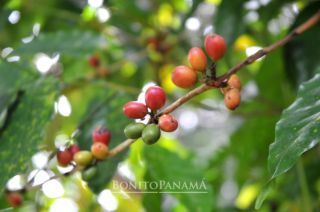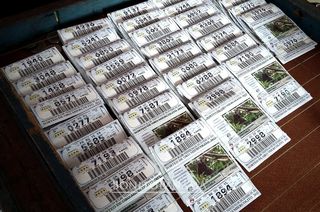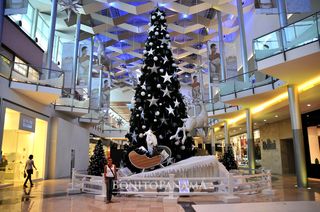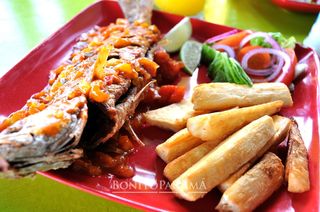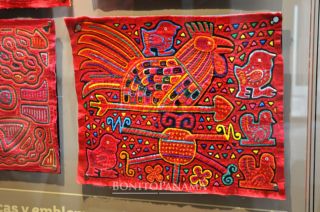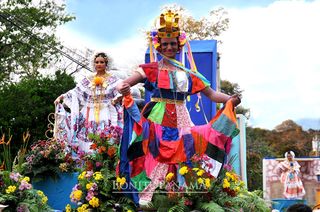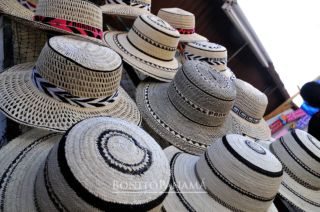The coffee in Panama is incomparable. Hardly any other coffee variety brings such an enjoyable taste as the "Geisha". This is guaranteed by the many small family farms in the country, which carry out the coffee cultivation with a lot of know-how, but above all with passion.
A land of coffee farmers
In order to produce a high-quality and enjoyable product that enjoys worldwide recognition, one thing in particular is needed: coffee farmers who pursue the goal of making coffee better and better. This is ensured, among other things, by a great education that teaches the people of Panama how to grow coffee from scratch. They learn how the coffee has to be grown and harvested already during their training.
The coffee pickers can live well on their wages, which are not comparable with German conditions. Earnings of up to 12.50 euros per day are possible in this job, which they can only do during the three-month harvest period. It is estimated that the country has around 300 farmers who live from cultivation.
Quality that pays off
Farmers in Panama do not compromise. They meticulously ensure that the quality of the product remains incomparable and, above all, very good - perhaps even growing. Environmental protection is an important criterion. No farmer wants to destroy the land by clearing the local forests in order to achieve the highest possible yield.
The farmers follow the goal of sustainability, which is important in cultivation as well as in harvesting and processing. They use little water in washing the beans, and natural fertilizer is obtained from the leftovers from processing.
Quality inspection is still carried out on site. Defective beans are sorted out directly, the high quality beans are roasted for sampling and finally tested for aroma, acidity, body and taste during coffee tasting. Only if all these criteria are found to be excellent is it a sign of the excellent "Geisha" coffee, which is one of the best coffees in the world - and has even won several awards.
Taste has its price
Fair production that follows environmental protection and does not exploit employees has its price. Geisha" coffee is grown on huge plantations located in the highlands of Panama. It is precisely this privileged location that makes for good coffee. It is said that for this particular type of coffee is paid even up to 300 dollars for a pound. In the shop, it can be up to 200 dollars less, but still you may have to pay up to 100 dollars.
The "Geisha" coffee
The taste of the "Geisha" coffee is more reminiscent of black tea or fruit tea, with hints of grapefruit and wild berries paired with an array of intense spices, among other things. The smell alone sets it apart from traditional coffee. There are less strong roasted aromas - it's more floral and fruity smells that come to your nose.
Harvesting and production are still done by hand. It takes half a day to pick a 40-kilo sack of coffee cherries. At the same time, 100 kilos of the laboriously picked harvest later make 20 kilograms of coffee beans.
The best yields are obtained in the region around the volcano Barú and the small town of Boquete, - places that are popular as a place to live due to their untouched nature and the pleasant temperatures at an altitude of over 1000 metres. The climate there and the untouched nature not only offer the optimal conditions for the coffee farmers, but also colorful flowers, fascinating waterfalls and many different animal species settle here.
Many more highlights can be discovered on a Panama trip!

